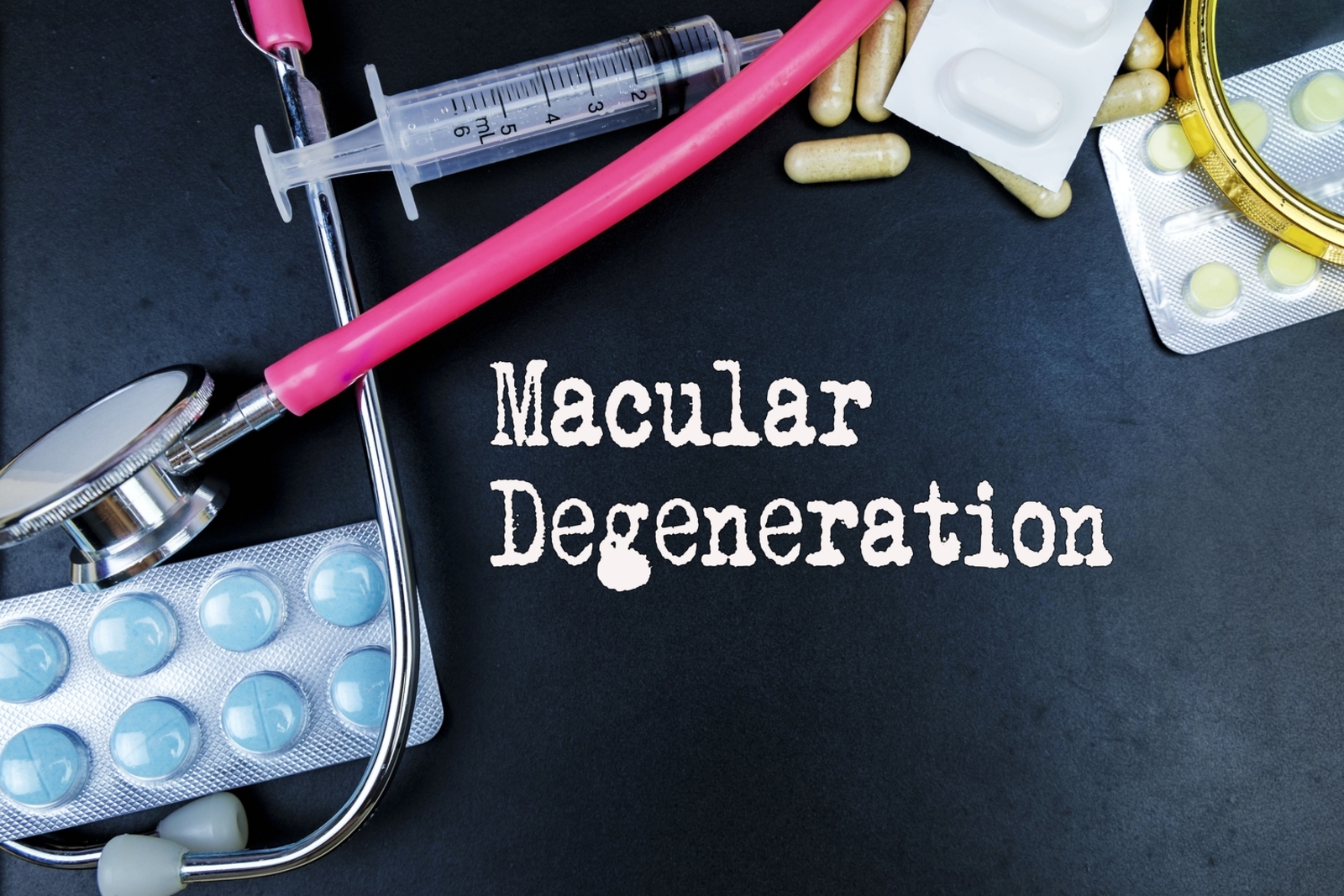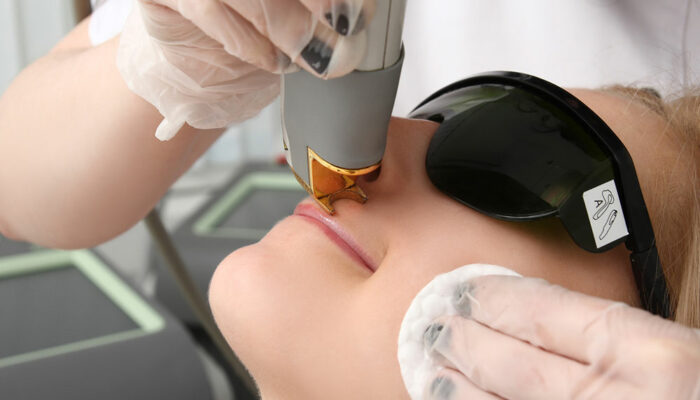
7 Foods That Help Manage Age Macular Degeneration
And Helpful Medication Options
Age-related macular degeneration (AMD) is a common eye condition that affects millions of people worldwide, leading to vision loss. For those dealing with Wet AMD, a specific type of this condition, there are both dietary and medical interventions that can help. Foods rich in certain nutrients can be beneficial, and medications like Eyela, Avastin, Lucentis, Regeneron, and Bayer are often prescribed to manage symptoms. This article explores seven foods that can help manage age macular degeneration and discusses some of the helpful medication options available.
1. Leafy greens:
Leafy greens like spinach, kale, and collard greens are packed with lutein and zeaxanthin, two antioxidants known to improve eye health. These nutrients help filter harmful blue light and protect the macula, the part of the eye affected by AMD. Including a serving of leafy greens in your daily diet can be a simple yet effective way to support your vision.
2. Fatty fish:
Fatty fish such as salmon, mackerel, and sardines are rich in omega-3 fatty acids. Omega-3s have anti-inflammatory properties that can help reduce the progression of AMD. Studies have shown that regular consumption of these fish can lower the risk of developing advanced AMD. Aim to include fatty fish in your diet at least twice a week for optimal benefits.
3. Nuts and seeds:
Nuts and seeds, particularly almonds, walnuts, and flaxseeds, are excellent sources of vitamin E and omega-3 fatty acids. Vitamin E is an antioxidant that helps protect the eyes from oxidative damage. Incorporating a handful of nuts or a tablespoon of seeds into your daily routine can contribute to better eye health and potentially slow the progression of AMD.
4. Citrus fruits:
Citrus fruits like oranges, grapefruits, and lemons are high in vitamin C, another powerful antioxidant. Vitamin C supports the health of blood vessels in the eye and can reduce the risk of AMD progression. Enjoying a serving of citrus fruits daily, whether as a snack or in a salad, can provide a refreshing way to boost your eye health.
5. Carrots and sweet potatoes:
Carrots and sweet potatoes are rich in beta-carotene, a precursor to vitamin A. Vitamin A is essential for maintaining good vision and overall eye health. Beta-carotene helps protect the surface of the eye and can improve night vision. Adding these vibrant vegetables to your meals can be both delicious and beneficial for your eyes.
6. Berries:
Berries, including blueberries, strawberries, and blackberries, are packed with antioxidants like vitamin C and anthocyanins. These nutrients help protect the eyes from oxidative stress and inflammation, which are linked to AMD. Incorporating a variety of berries into your diet can provide a tasty and nutritious way to support your vision.
7. Eggs:
Eggs are a great source of lutein and zeaxanthin, the same antioxidants found in leafy greens. They also contain zinc, which is essential for maintaining the health of the retina. Starting your day with an egg-based breakfast can be an easy and effective way to include these important nutrients in your diet.
Medication options:
While diet plays a crucial role in managing AMD, medication is often necessary for those with Wet AMD. Medications like Eyela, Avastin, Lucentis, Regeneron, and Bayer are commonly used to treat this condition. These medications work by inhibiting the growth of abnormal blood vessels in the eye, which can help preserve vision. Consulting with an eye care professional is essential to determine the best treatment plan for your specific needs.
Conclusion:
Managing age-related macular degeneration involves a combination of dietary choices and medical treatments. By incorporating these seven nutrient-rich foods into your diet, you can support your eye health and potentially slow the progression of AMD. Additionally, medications like Eyela, Avastin, Lucentis, regeneron, and Bayer can provide essential support for those with Wet AMD. Always consult with a healthcare professional to create a comprehensive plan tailored to your individual needs.



